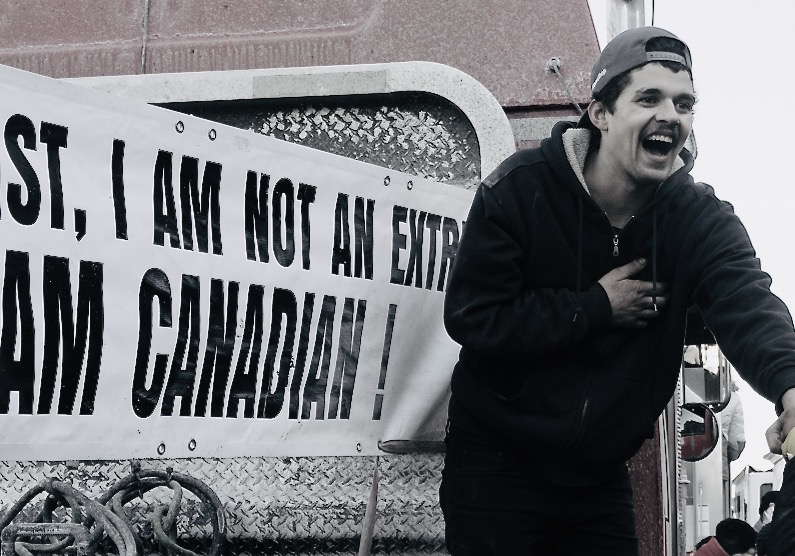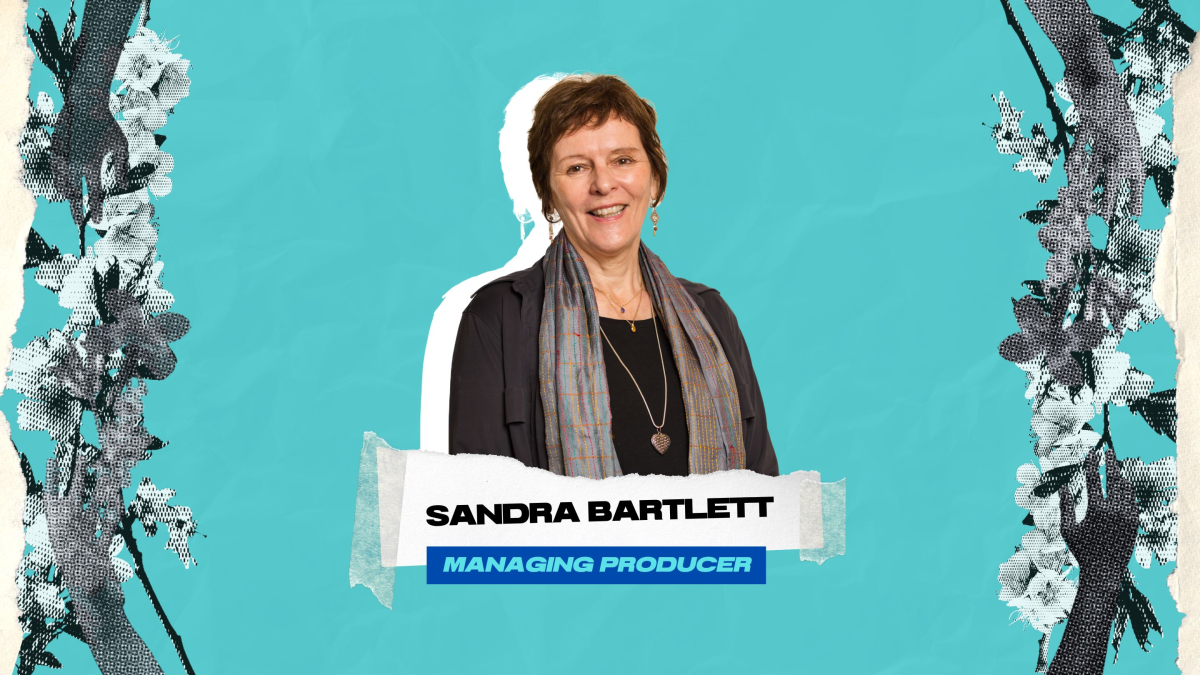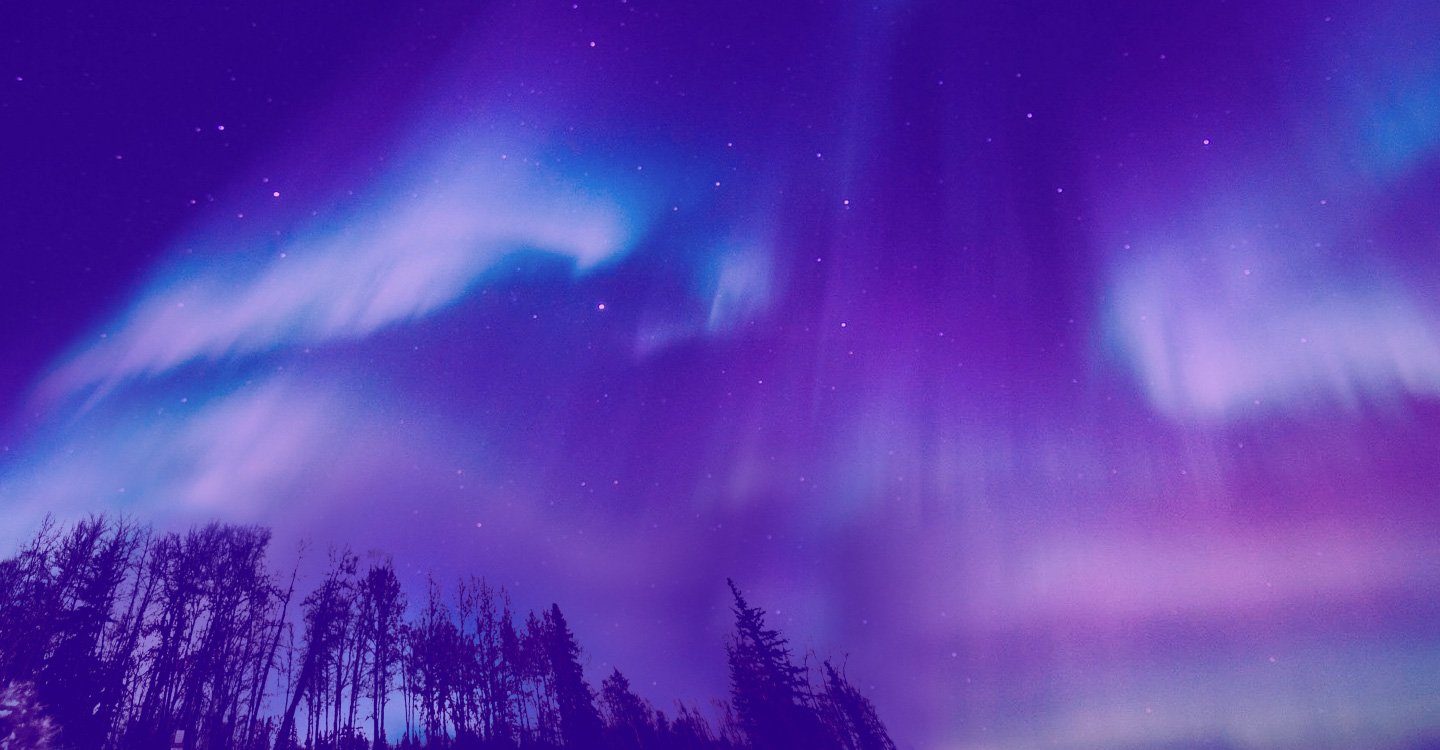
Our most-read stories of 2022
It was a year of upheaval, with the odd bright spot.
Politics, profiteering and the rising tide of online misinformation and extremism captivated our attention in 2022. Right on the heels of the new year, the so-called “Freedom Convoy” rolled into Ottawa, honking horns and demanding to sidestep the federal government on vaccine mandates with a little help from the Senate and the Governor General. As the days and weeks unfolded, politicians jumped on board. Organizers came under scrutiny for their racist views and conspiracy theory leanings. Border blockaders planned for violence. And the residents of Ottawa struggled to get some peace.
In the aftermath of that month-long occupation, people across the country have spent the better part of this year trying to understand what happened and reckoning with the reality that many of the elements that came together during the convoy protests — misinformation, extremism, a polarizing political sphere — are not going away any time soon.

More on the “Freedom Convoy”
Meet some of the wealthy Canadians who donated to the trucker convoy (Feb. 16)
The trucker rally was a disaster for Conservatives — and Canada (Jan. 30)
- Anti-vaxxer truck convoy signals insidious spread of Trumpism in Canada (Jan. 27)

The politics of Pierre Poilievre
Speaking of politics, Canada’s newest Opposition leader has only been on the job for three months, but he’s made waves all year. They began during his first press conference as head of the Conservative Party of Canada. Pierre Poilievre took to the podium, made a speech about inflation and the cost of living and then refused to answer journalists’ questions.
A Global News reporter gave him an earful for it, but that hasn’t changed Poilievre’s relationship with mainstream news organizations. The Conservative leader doesn’t hide his contempt for the likes of the CBC and other major players in Canadian journalism, instead communicating to his supporters through social media platforms and right-leaning outlets. He’s also used those social media platforms to explicitly take aim at journalists and attempt to link news organizations to his political opponents.
More on Pierre Poilievre

The war rocking the world
Much like the convoy occupation, Russia’s invasion of Ukraine has remained an important story throughout 2022. The war continues to upend the lives of millions, forcing people from their homes and putting them in harm’s way.
Away from the front lines, Russia’s actions have put the rest of the world between a rock and a hard place. Countries that rely on Russian oil and gas to heat their homes or drive their cars are now scrambling to find alternate fossil fuel supplies — or, better still, give them up altogether. Nations that depend on Ukrainian grains like wheat and barley — including countries already short on food thanks to the climate crisis — have struggled to ensure people have enough to eat. Around the world, the war has played a part in driving up prices at the gas pump, the grocery store and beyond.
Russia’s invasion is also reshaping the political arena. Earlier this year, Deputy Prime Minister Chrystia Freeland gave a speech outlining “the new economic path that the world's democracies should chart together.” In it, she called for like-minded countries to “friendshore” their supply chains, and Canada has begun to do so in its bid to secure the minerals we need to transition off fossil fuels. While the war has no doubt led to some backsliding on promises to quit oil, coal and gas, it’s also propelled other countries forward in their plans to give up the main driver of climate change.

Other top stories of 2022
Canada’s housing market offers young people the worst of both worlds (July 12)
Liberals, NDP unveil ‘single biggest expansion of public health care in 60 years’ (Sept. 15)

More CNO reads

“I don’t think people realize just how much trouble we’re in.” It may be counter-intuitive to think more snow and winter storms, like the one expected this week, are evidence of global warming, but they are, Allison Hannaford reports.
It’s not Christmas on B.C.’s rugged coast without a visit from the Goose. A “flock” of amphibious airplanes brave rain, sleet and snow to get people and presents home for the holidays, Rochelle Baker reports.
Ottawa won’t do an environmental assessment for a controversial nuclear project. Environment Minister Steven Guilbeault says assessing the New Brunswick project, which features next-generation nuclear technology, is “unwarranted,” Cloe Logan reports. The province will still do an environmental assessment before it goes ahead.
Canada is not broken — but Pierre Poilievre’s approach is. The Conservative leader’s solutions to some of the country’s most pressing issues don’t seem particularly ambitious, writes columnist Max Fawcett.
Make your Christmas sweater less ugly for the environment. Rochelle Baker reports on a few simple, fun, creative ways to maintain an obsession with hideous holiday wear and ease your impact on the planet.
“One reader’s note to me sums up what I’ve heard from many of you: 'Please keep going!'” Cloe Logan talks about her journey to building an environmental reporting beat on the East Coast.
Canada’s gasoline emissions are surging out of control. Like a driver who refuses to ask for directions no matter how off-track they get, Canada's travelling the wrong way on tailpipe emissions, writes columnist Barry Saxifrage.
A wealthy Vancouver geologist gave land back. For the first time in over 100 years, Kukpi7 (Chief) Hillary Adam of the Stswecem'c Xget'tem First Nation can now walk freely across a vast swath of his people's traditional territory, Marc Fawcett-Atkinson reports.
Where have the sea stars gone? Sadie Stephens reflects on a disappearing symbol from her childhood: “I realized in that moment that I had lived long enough to witness places I loved become significantly altered by climate change.”


